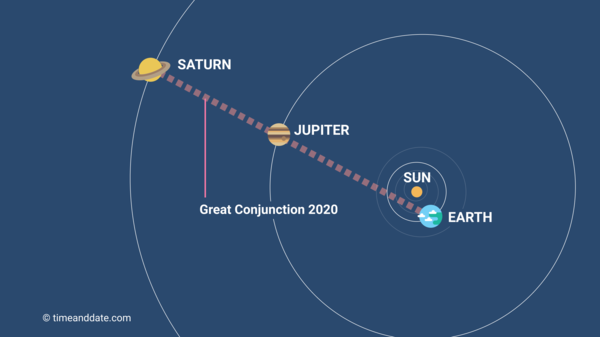10 hours, 44 minutes
Fri, Jul 26 at 6:50 pm – Sat, Jul 27 at 5:34 am
Visible tonight, Jul 26 – Jul 27, 2024
| Mercury: | Until Fri 8:11 pm |
|---|---|
| Venus: | Until Fri 7:43 pm |
| Mars: | From Sat 1:14 am |
| Jupiter: | From Sat 1:50 am |
| Saturn: | From Fri 9:14 pm |
| Uranus: | From Sat 12:44 am |
| Neptune: | From Fri 9:45 pm |
Venus Returns as the Evening Star
Starting from around now—depending on the latitude of your town or city—Venus is returning to the western sky after sunset.
Our Interactive Night Sky Map simulates the sky above 23°10'59"N, 106°25'00"W. The Moon and planets have been enlarged slightly for clarity. On mobile devices, tap to steer the map by pointing your device at the sky. Need some help?
Tonight's Sky in 23°10'59"N, 106°25'00"W, Jul 26 – Jul 27, 2024 (7 planets visible)
Mercury rise and set in 23°10'59"N, 106°25'00"W
View just after sunset.
Mercury is close to the Sun and can only be seen shortly after sunset. Try finding a good, unobstructed view of the horizon.
Fri, Jul 26 ↓8:11 pm
Time:
Altitude: °
Direction: °
Venus rise and set in 23°10'59"N, 106°25'00"W
Try after sunset.
Venus sets shortly after sunset, so it is very close to the horizon. This makes it very difficult to observe. Venus is visible by day, but may be hard to find.
Fri, Jul 26 ↓7:43 pm
Time:
Altitude: °
Direction: °
Mars rise and set in 23°10'59"N, 106°25'00"W
View before sunrise.
Mars can best be seen in the hours just before sunrise. Visibility deteriorates as the sky gets brighter.
Sat, Jul 27 ↑1:14 am
Time:
Altitude: °
Direction: °
Jupiter rise and set in 23°10'59"N, 106°25'00"W
View before sunrise.
Jupiter can best be seen in the hours just before sunrise. Visibility deteriorates as the sky gets brighter.
Sat, Jul 27 ↑1:50 am
Time:
Altitude: °
Direction: °
Saturn rise and set in 23°10'59"N, 106°25'00"W
View in the early morning.
Saturn can be seen for more than 8 hours during the late night/early morning and until sunrise.
Fri, Jul 26 ↑9:14 pm
Time:
Altitude: °
Direction: °
Uranus rise and set in 23°10'59"N, 106°25'00"W
View before sunrise. Bring binoculars.
Uranus can best be seen in the hours just before sunrise. Visibility deteriorates as the sky gets brighter. You may need binoculars.
Sat, Jul 27 ↑12:44 am
Time:
Altitude: °
Direction: °
Neptune rise and set in 23°10'59"N, 106°25'00"W
View in the early morning. Use binoculars.
Neptune can be seen for more than 7 hours during the late night/early morning and until sunrise. Very faint, use binoculars.
Fri, Jul 26 ↑9:45 pm
Time:
Altitude: °
Direction: °
Planets Visible in 23°10'59"N, 106°25'00"W
| Planetrise/Planetset, Fri, Jul 26, 2024 | ||||
|---|---|---|---|---|
| Planet | Rise | Set | Meridian | Comment |
| Mercury | Fri 7:35 am | Fri 8:11 pm | Fri 1:53 pm | Slightly difficult to see |
| Venus | Fri 6:39 am | Fri 7:43 pm | Fri 1:11 pm | Slightly difficult to see |
| Mars | Sat 1:14 am | Sat 2:32 pm | Sat 7:53 am | Average visibility |
| Jupiter | Sat 1:50 am | Sat 3:12 pm | Sat 8:31 am | Fairly good visibility |
| Saturn | Fri 9:14 pm | Sat 8:56 am | Sat 3:05 am | Great visibility |
| Uranus | Sat 12:44 am | Sat 1:56 pm | Sat 7:20 am | Difficult to see |
| Neptune | Fri 9:45 pm | Sat 9:43 am | Sat 3:44 am | Difficult to see |












